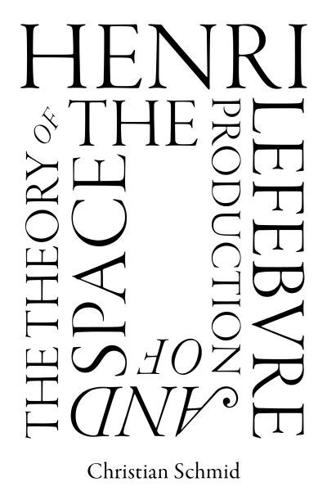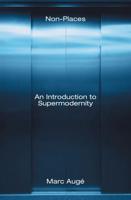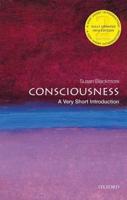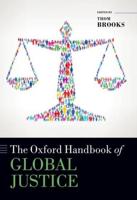Publisher's Synopsis
Shortlisted for the Deutscher Memorial Prize 2023
This book presents an encompassing, detailed and thorough overview and reconstruction of Lefebvre's theory of space and of the urban.
Henri Lefebvre belongs to the generation of the great French intellectuals and philosophers, together with his contemporaries Michel Foucault and Jean-Paul Sartre. His theory has experienced a remarkable revival over the last two decades, and is discussed and applied today in many disciplines in humanities and social sciences, particularly in urban studies, geography, urban sociology, urban anthropology, architecture and planning. Lefebvre, together with David Harvey, is one of the leading and most read theoreticians in these fields.
This book explains in an accessible way the theoretical and epistemological context of this work in French philosophy and in the German dialectic (Hegel, Marx, and Nietzsche), and reconstructs in detail the historical development of its different elements. It also gives an overview on the receptions of Lefebvre and discusses a wide range of applications of this theory in many research fields, such as urban and regional development, urbanization, urbanity, social space, and everyday life.











